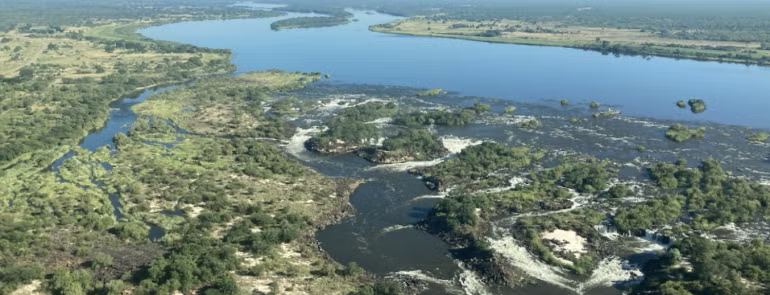
The project performed well in areas such as labour and working conditions, governance, and procurement. It also excelled in communications and consultation, achieving broad stakeholder support through community engagement.
Joerg Hartmann, independent consultant and lead assessor, commented: “The Ngonye Falls project is a prime example of how benefit-sharing agreements can deliver genuine value to local communities.
“It also demonstrates the development impact of bringing power to a remote and underserved region. The area surrounding Ngonye Falls is one of the poorest where we have assessed a hydropower project.
“There will be challenges still to address in terms of risks to biodiversity, cultural heritage and aesthetics. But we can have confidence in the systematic and proactive approach that the developers have taken from the outset.”
The project, expected to be completed in 2028, aligns with Zambian and international standards. Its environmental and social plans are near completion.
Key achievements include:
Labour and safety: Plans meet international standards, ensuring improved working conditions.
Community impact: Management has been thorough, with 119 displaced households expected to see significant improvements in livelihoods and living conditions.
Environmental design: The project minimises greenhouse gas emissions and supports regional renewable energy growth.
Stakeholder engagement: Proactive communication has garnered broad support from local communities.
Ngonye Falls HPP scored over 60% in the advanced requirements of all 12 HSS topics, qualifying it for Gold certification.
The project is also featured as a case study in the How-to Guide on Hydropower Communications and Consultation, which provides steps for stakeholder engagement aligned with HSS principles.
The public consultation on the Ngonye Falls HPP Assessment Report ended on 13 September 2024.